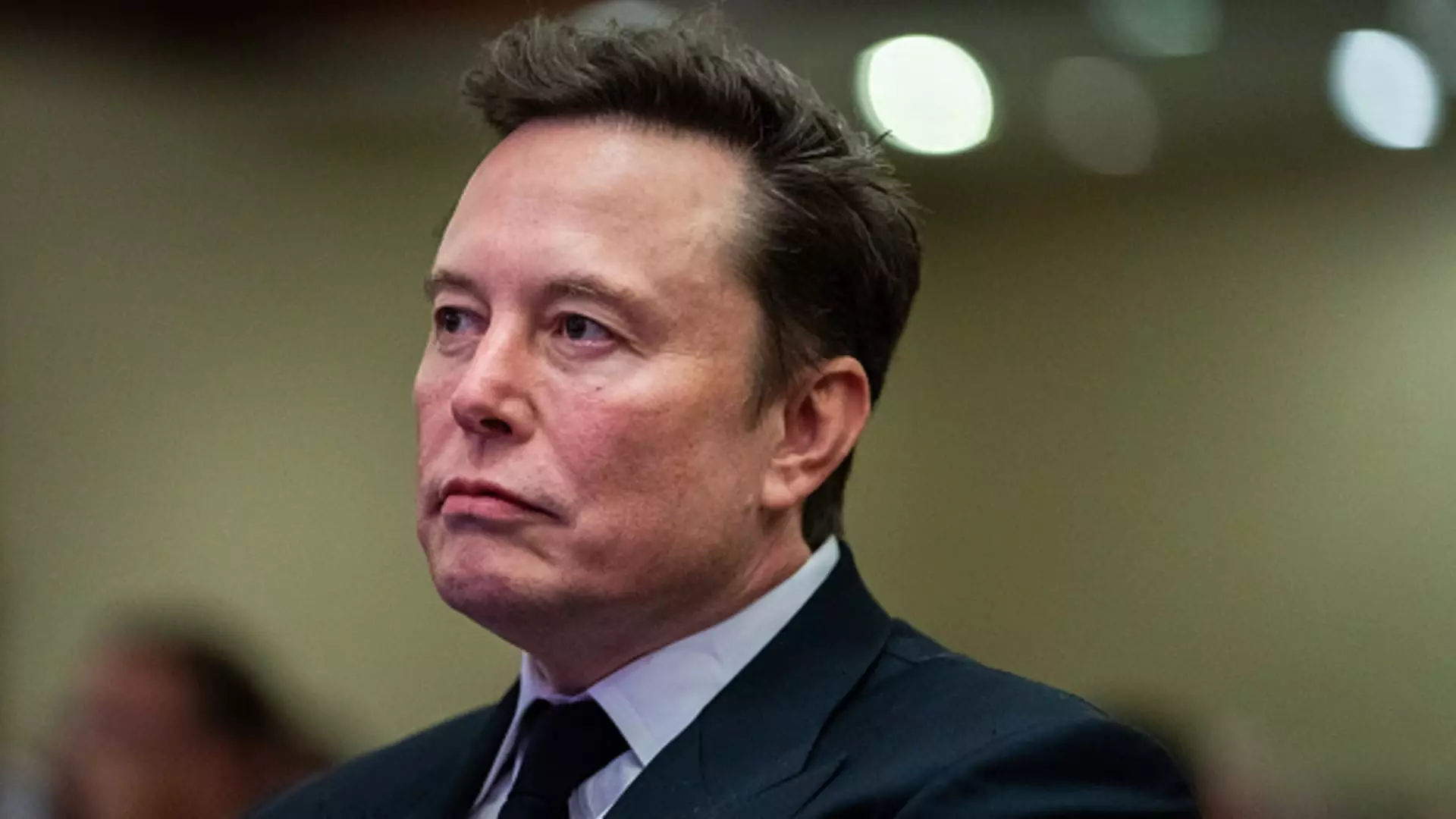Elon Musk, the CEO of both Tesla and X (formerly Twitter), has once again found himself at the center of a legal storm thanks to the Securities and Exchange Commission (SEC). Recent developments revealed that the SEC is demanding a settlement from Musk, sparking a public and contentious exchange. This latest episode is not only a testament to Musk’s tumultuous relationship with regulatory bodies but also highlights the implications of his actions on market behavior and shareholder rights.
The SEC’s scrutiny of Musk isn’t new; in fact, it traces back to his actions in 2022, which included significant sales of Tesla shares at the same time he consolidated his interest in Twitter. The agency is investigating potential securities fraud stemming from those transactions. In a recent social media post, Musk stated that he received a “settlement demand” from the SEC, which allegedly pressured him to agree to a fine within a tight deadline or face numerous charges relating to his “Certain Purchases, Sales, and Disclosures of Twitter Shares.” This urgency underlines the SEC’s determination to seek accountability, but Musk’s past — especially his prior run-ins with the SEC — complicates the current situation.
Musk’s response to the SEC’s actions was nothing short of theatrical. He expressed his frustration publicly on social media, accompanied by a dramatic emoji and a comical AI-generated image depicting SEC Chair Gary Gensler as a snail-like character. This lighthearted approach belies a serious concern: how the SEC’s investigations might evolve if a settlement is not reached. While reports suggest Musk was granted more than 48 hours to respond to the settlement offer, the possibility of facing formal charges looms large.
In the realm of regulatory enforcement, the SEC has a playbook that often includes issuing a Wells Notice when reaching a settlement falls short. This step can signify further legal peril for an individual, as the SEC reserves the right to recommend charges after carefully considering their findings. Thus, while Musk’s public demeanor might suggest defiance, the stakes elevate in the quiet corridors of legal strategy where decisions about compliance and confrontation are deliberated.
Musk’s attorney, Alex Spiro, has framed the SEC’s inquiries as “harassment” over the past six years, suggesting a pattern of aggressive investigation that questions the motives behind such scrutiny. Not only did Spiro allege continued probing into Musk’s ventures — including Neuralink — but he also raised questions about potential external influences directing the SEC’s actions against Musk.
The legal strategies employed by both sides reveal a struggle for position. Spiro’s claims of a politically or personally motivated campaign against Musk could be interpreted as an attempt to garner public sympathy and perhaps rally support from factions that believe the SEC overreaches in its regulatory duties. However, this narrative risks oversimplifying the SEC’s role, which is fundamentally to ensure public market transparency and protect investors’ rights.
Historical Context and Implications
This situation is far from Musk’s first brush with the SEC. The infamous 2018 settlement, which stemmed from Musk’s announcement on Twitter about taking Tesla private, imposed significant penalties and limitations on his role within the company. This previous encounter created a fraught backdrop against which the current situation unfolds. It is a stark reminder of how innovative entrepreneurship can clash with regulatory expectations.
Furthermore, Musk’s increasing political engagement, particularly as a substantial donor and supporter of Republican causes, adds an additional layer of complexity to the situation. This connection could influence public perception, framing Musk not merely as a business magnate but as a figure caught in a political crossfire. This might resonate with supporters while fueling further scrutiny from those who question his motives and regulatory compliance, particularly in light of his dealings that have substantial implications for investors and shareholders alike.
As this saga continues to unfold, the implications for Musk, Tesla, and the broader market landscape remain uncertain. The responses, both legal and rhetorical, and the eventual outcome of the SEC’s demands will likely set precedents influencing how tech entrepreneurs navigate regulatory environments in the future. Stakeholders will be watching closely; how Musk handles this legal challenge could redefine his legacy, either as an audacious innovator or as a cautionary tale of regulatory noncompliance.
The tension looms larger than the individuals involved; it reflects ongoing conversations about market integrity, regulatory boundaries, and the challenges of balancing innovation with accountability.

